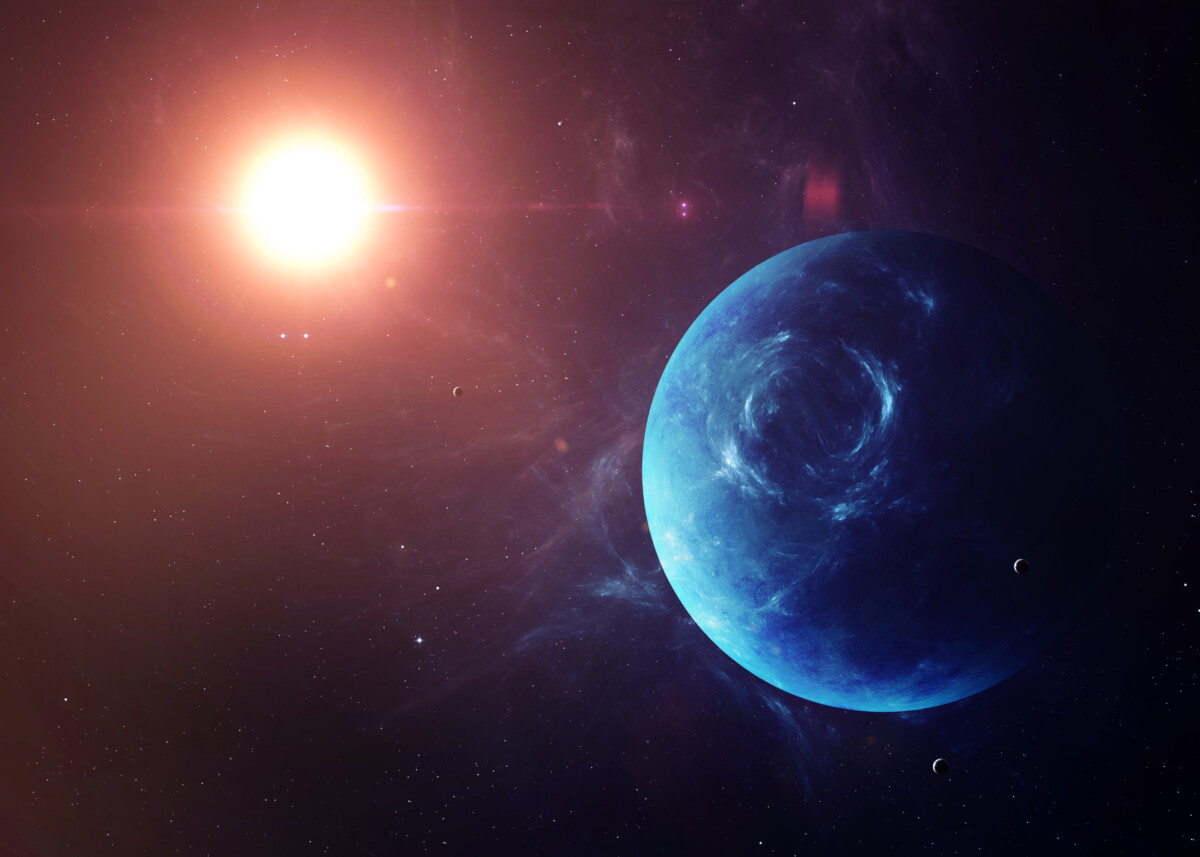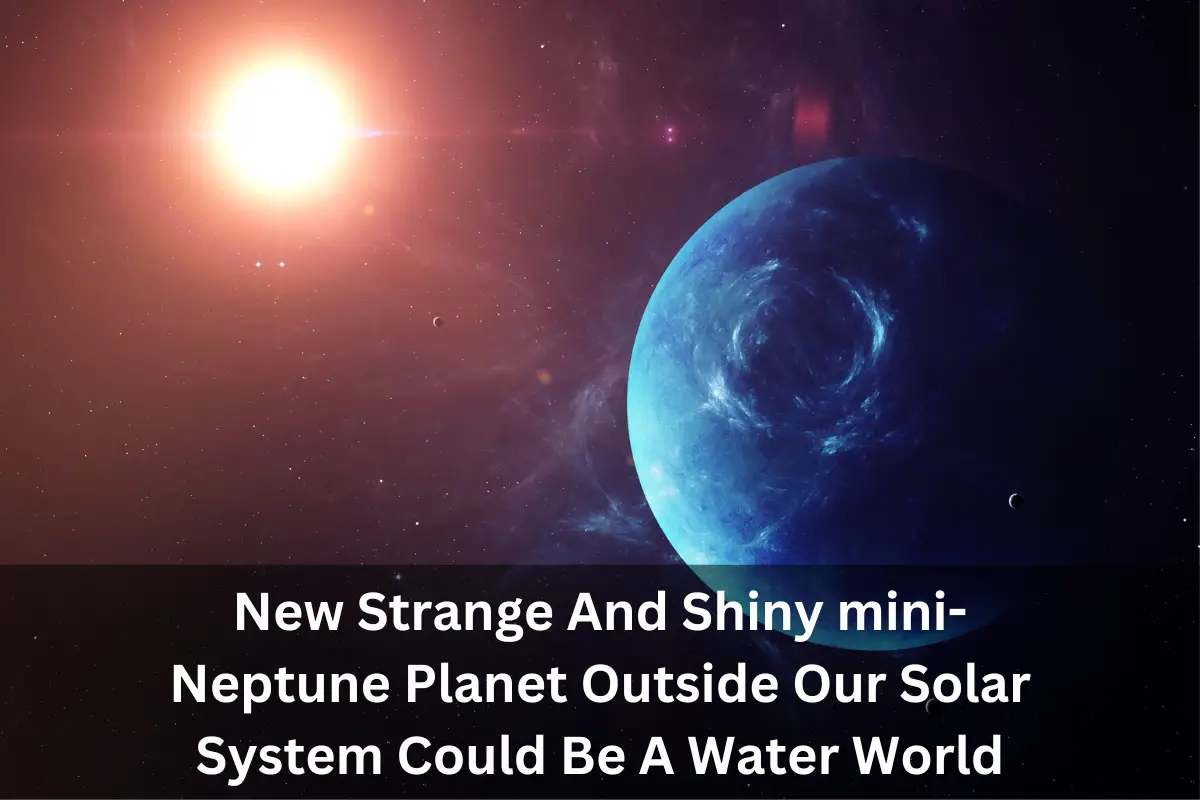Scientists have known about a strange planet that’s baffled them for years, but new research may finally provide some answers. The planet, called GJ 1214b, is about 40 light-years away from Earth and is totally covered in a deep haze that has made it difficult to study since its discovery in 2009.
GJ 1214b is what astronomers call a “mini-Neptune” planet, meaning it’s smaller than Neptune but has a similar atmospheric makeup. These types of planets are common in the galaxy, but there are none in our own solar system.
The planet’s hazy atmosphere has made it difficult to get a clear picture for researchers to study. However, using the James Webb Space Telescope, they were able to gather new information about the planet.

- The research revealed that GJ 1214b’s atmosphere is unusually shiny and reflective, which has caused the planet to be cooler than expected.
- The planet’s atmosphere reflects a large proportion of the light from its parent star instead of absorbing it.
The study also suggests that GJ 1214b’s atmosphere likely contains water vapor, possibly even significant amounts.
However, scientists aren’t yet sure if the planet is a water world because water vapor absorption and methane absorption can look similar in observations.
There are incredibly large differences in temperature between the day side and night side, with day temperatures reaching 535 deg F, and night dropping to 326 deg F – still hot by our standards, but cool for this mini-neptune planet.
The research team believes that GJ 1214b may have formed farther away from its star and then moved inward towards its current orbit. The planet’s atmosphere doesn’t reflect the composition of the host star it formed around, suggesting that it either lost a lot of hydrogen or was formed from heavier elements to begin with, such as more icy, water-rich material.
The research provides new insights into mini-Neptune planets, which are the most common type of planet in the galaxy, and highlights the need for further studies to better understand the hazy atmosphere of GJ 1214b.

